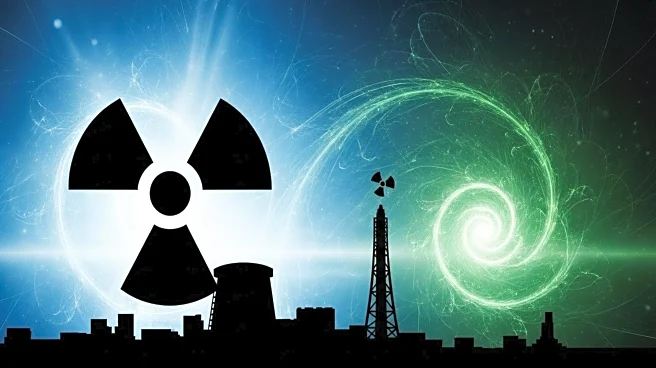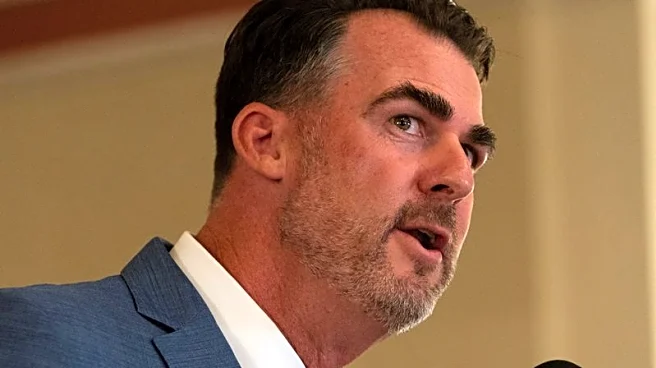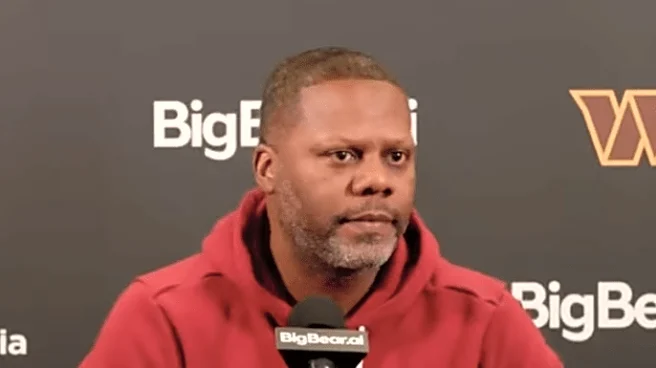What is the story about?
What's Happening?
The International Atomic Energy Agency (IAEA) is facing challenges in securing full cooperation from Iran regarding its nuclear program. Rafael Grossi, the IAEA's director general, stated that while inspectors have been allowed back into Iran, access to crucial nuclear facilities remains limited. This development comes as European leaders consider reimposing sanctions on Iran due to its non-compliance with the 2015 nuclear deal. The U.S. and European countries have set an August 31 deadline for Iran to meet specific conditions, including resuming negotiations and allowing full access to nuclear sites. Grossi, who has been under increased security due to threats, emphasized the importance of continued inspections to ensure global nuclear safety.
Why It's Important?
The situation with Iran's nuclear program has significant implications for international security and diplomatic relations. The potential reimposition of sanctions could further strain relations between Iran and Western countries, impacting global oil markets and regional stability. The IAEA's ability to monitor Iran's nuclear activities is crucial for preventing the development of nuclear weapons, which could lead to increased tensions in the Middle East. The outcome of these negotiations and inspections will influence future diplomatic efforts and the enforcement of international nuclear agreements.
What's Next?
If Iran fails to comply with the set conditions by the deadline, the U.S. and European countries may invoke the 'snapback mechanism' to reimpose sanctions. This could lead to further diplomatic isolation for Iran and potential economic repercussions. The IAEA will continue to negotiate with Iranian officials to secure full access to nuclear sites, while international leaders will monitor the situation closely to determine the next steps in addressing Iran's nuclear activities.


















